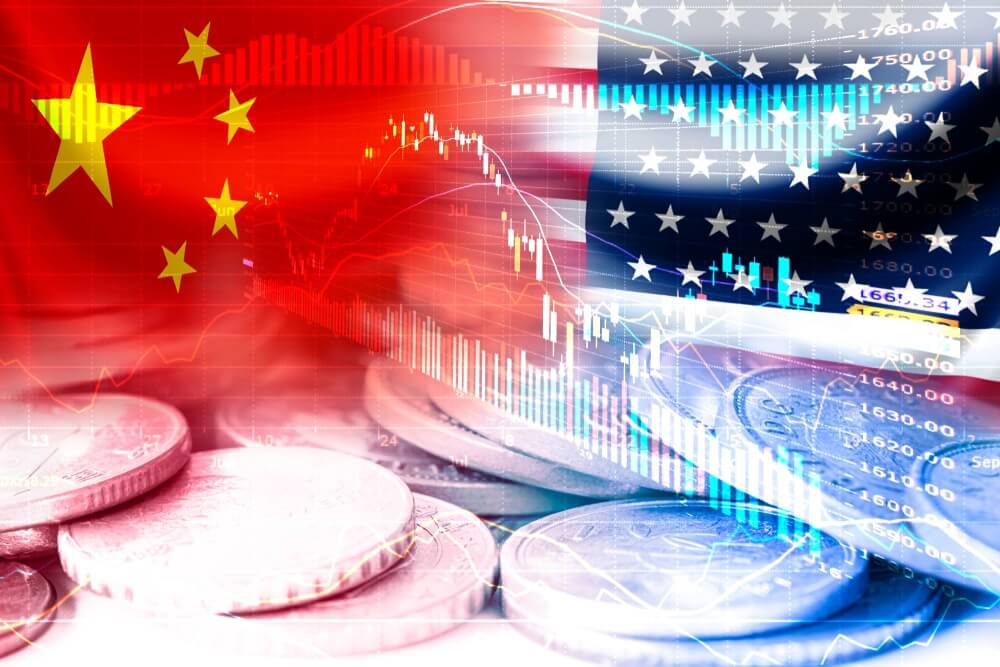
Markets in Shock After the US New Tariffs on China Chips
Washington is considering export restrictions to slow China’s progress in semiconductor production may be very expensive, experts warn, and they risk upsetting delicate global chip supply networks that might harm American companies.
The United States is considering restricting supplies of its chip manufacturing equipment to Chinese memory chip manufacturers that develop complex semiconductors used in everything from data centres to cellphones. The restrictions would hinder chipmakers like Samsung Electronics (OTC: SSNLF) and SK Hynix, both of which have operations in China, from updating facilities that serve clients worldwide.
Samsung (KS:005930) and SK Hynix hold more than half of the world’s NAND flash memory chip sales. They have made significant investments in China to build chips for clients such as IT giants Apple (NASDAQ: AAPL), Amazon (NASDAQ: AMZN), Meta (NASDAQ: META), and Google (NASDAQ: GOOGL).
Will Technology Markets Skyrocket?
Lee Min-hee, an analyst at BNK Securities, stated that one factory in China owned by Samsung alone produces more than 15% of the world’s NAND memory. If there is any supply disruption, chip prices would reach new highs. The prospect for new unrest comes as a worldwide chip supply crisis that has been disrupting industries from cars to user electronics for more than a year is finally beginning to ease. The limitations still need authorization. Damage has been repaired because of diminishing consumer demand and supply chain modifications brought on by the slowing global economy.
However, chipmakers haven’t resolved the scarcity yet. Any sign of a new interruption might reignite supply concern and lead to a price increase, as was the case earlier this year when China enforced COVID-19 limitations in Xian, where Samsung produces chips. Months before the beginning of the manufacturing, the chipmaking equipment needs installation and testing. Any delay in getting the equipment to China would be a major obstacle for chipmakers trying to set up factories there to produce more sophisticated chips.


